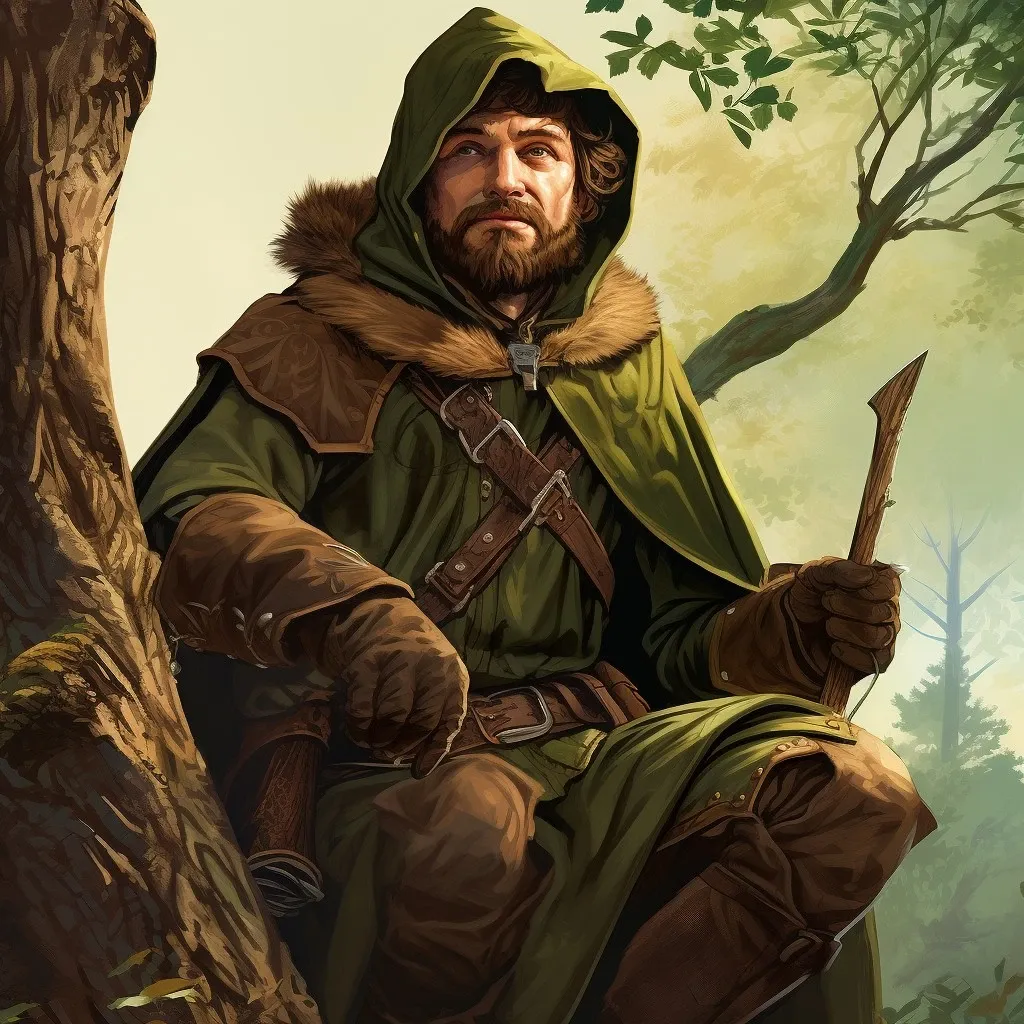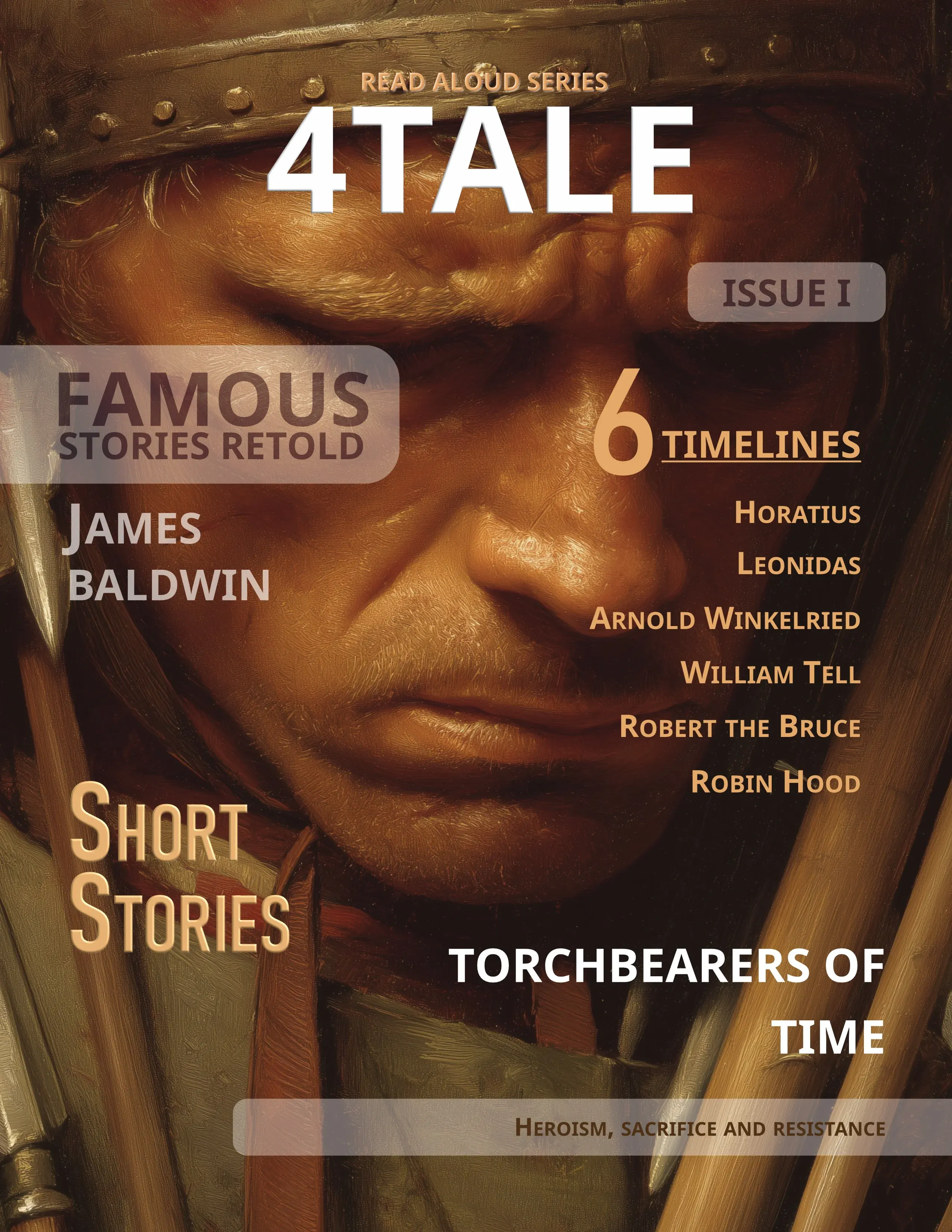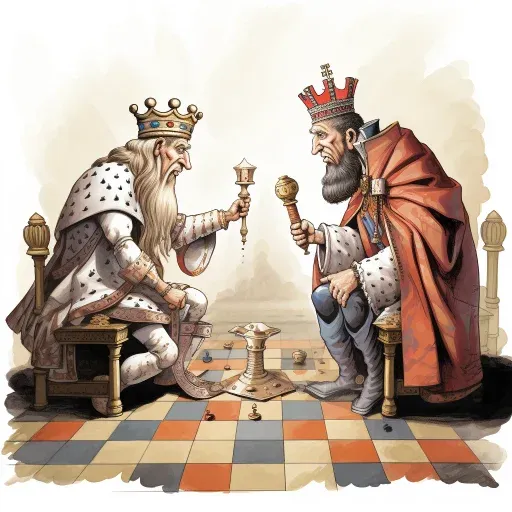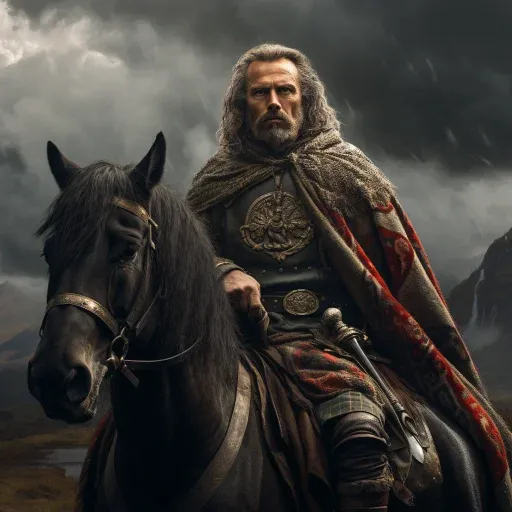BY JAMES BALDWIN
A Story of Robin Hood
Famous Stories Retold: Story 7 of 50

Heading

Legendary Hero: Robin Hood is a legendary figure known for his skill in archery and swordsmanship.
Conflict: Robin Hood's main adversary was the Sheriff of Nottingham, who sought to capture him and his band.
A good book we like, we explorers. That is our best amusement, and our best time killer
- Roald Amundsen, Explorer
Tale of Robin Hood: Straight from Sherwood Forest
The heart of Sherwood Forest, where the rich scenery whispers tales of daring deeds and audacious outlaws. The legend of Robin Hood, the bold outlaw in green, has echoed through the ages, a symbol of resistance against unjust laws and a champion of the poor. This narrative unwraps the thrilling legend, revealing the true story of the man behind the myth. Prepare to embark on a journey into the past, where the lines between right and wrong blur, and where heroism takes on an entirely new context.
The Outlaw Life in Sherwood Forest
In the reigns of King Richard and King John, Sherwood Forest was the most notable among England's great woods. It was a haven for outlaws, men who violated the laws of the land and were compelled to take refuge in the woods to safeguard their lives. They lived a nomadic life, wandering among the trees, hunting the king's deer, and pillaging rich travelers who happened to cross their path. Nearly a hundred of these outlaws called Sherwood Forest home, living an outlaw life shrouded in danger and thrill.
Robin Hood: The Outlaws' King
At the helm of these outlaws was their bold leader, Robin Hood. Dressed in green suits and armed with bows, arrows, lances, and broadswords, these men were formidable. Everything that they pilfered was presented to Robin Hood, who they hailed as their king. He would then distribute it fairly among them, ensuring each man received his fair share. Robin Hood's leadership was not only defined by his audacity and daring prowess, but also by his sense of equity and fairness.
Podcast
The Protector of the Poor
Although Robin Hood and his merry men were outlaws, they were not indiscriminate in their actions. Robin Hood never allowed his men to harm anyone but the rich who lived in grand houses and did nothing for a living. He was consistently kind to the poor, often extending help to those in need. As a result, the common people viewed Robin Hood not as an enemy, but as a friend – a protector of the poor. He was a beacon of hope for those oppressed by the rich and the powerful, making his mark as a hero among the masses.
The Legend in Songs and Tales
The legend of Robin Hood, a charismatic outlaw who robbed from the rich to give to the poor, has been passed down through generations. His deeds have been immortalized in countless ballads and folk tales that were sung in the cottages and huts all over England. These songs, many of which were created during the period in which Robin Hood was said to have lived, painted a picture of him as a folk hero, a champion of the common man against the oppression of the wealthy and powerful.
Robin Hood's exploits have been celebrated for their boldness and audacity. From his daring robberies to his confrontations with the rich and powerful, each tale offers a glimpse into the life of this legendary outlaw. These stories have helped to keep the memory of Robin Hood alive, and have influenced how we view him today. Despite his lawless ways, he is often seen as a hero, a defender of the underprivileged, and a symbol of resistance against tyranny.

A Tale of Love and Betrayal: The Story of AllinaDale
One of the most poignant tales in the Robin Hood canon is that of AllinaDale. This story, which highlights Robin Hood’s compassionate side, tells of a young man, AllinaDale, who was to marry his beloved, but her father had promised her to a rich old man. When AllinaDale crossed paths with Robin Hood and shared his sorrowful tale, Robin Hood vowed to help him.
AllinaDale's plight moved Robin Hood, and he offered to help win back his bride, showing his disdain for forced marriages and sympathizing with the young man's love for his bride-to-be. In doing so, Robin Hood demonstrated his commitment to justice and fairness, even at the risk of his own safety.
The Unconventional Wedding in Sherwood Forest
The tale of AllinaDale took a dramatic turn when Robin Hood, disguised as a harper, interrupted the wedding ceremony. With a blast of his horn, he summoned his band of outlaws, including AllinaDale himself, to the church. The maiden was given the choice to choose her own husband, and she chose AllinaDale. This event not only thwarted the plans of the rich old man but also cemented Robin Hood’s reputation as a defender of love and true happiness.
The unconventional wedding in Sherwood Forest marks one of the most celebrated tales in the legend of Robin Hood. It highlights his commitment to justice and his willingness to challenge the norms and traditions of his time for the sake of love and happiness. The story of AllinaDale and his bride's unconventional wedding in Sherwood Forest is a testament to Robin Hood's enduring legacy as a champion for the underprivileged and a defender of love and justice.
Conclusion
The legend of Robin Hood continues to captivate, inspiring tales of audacity and courage. The Sherwood Forest outlaw, remembered as a defender of the poor and a thorn in the side of the rich, serves as a timeless symbol of justice. His tale, filled with songs, love, and unconventional weddings, is a testament to the enduring power of folklore. As we delve into the heart of this legend, we uncover a narrative that forces us to reevaluate our perceptions of right and wrong. The enchanting tale of Robin Hood is, indeed, a story for the ages.





